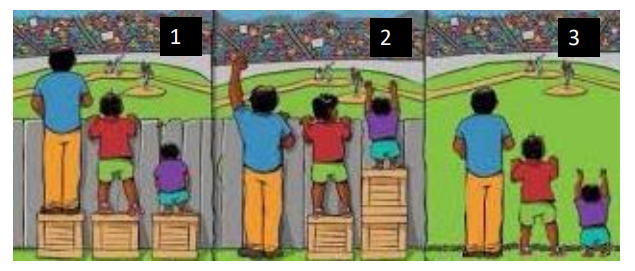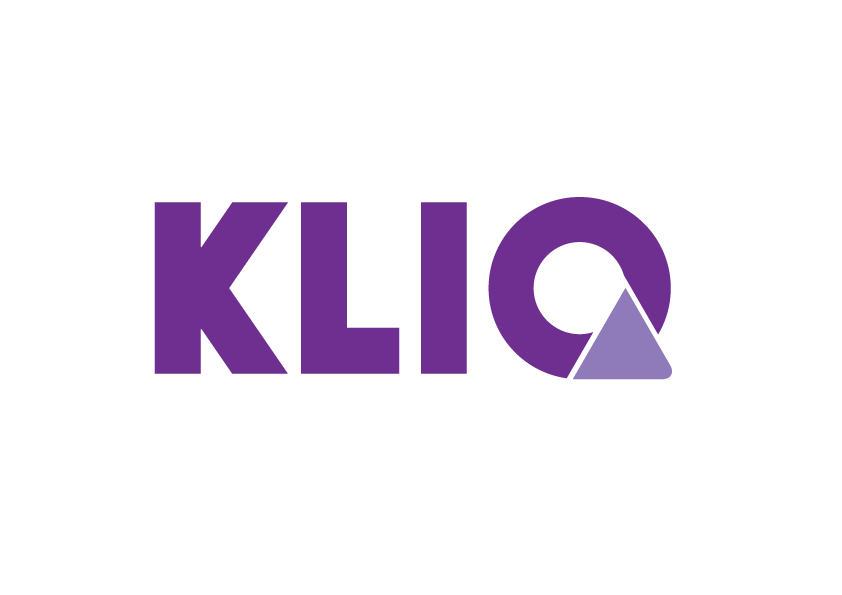Module 1 - General knowledge & awareness
Diversity is everywhere
2 Topics
Equal treatment = equal outcome?
3 Topics
Legislation
2 Topics
Module 2 - plan(t) your policy
Plan(t) your policy
1 Topic
General policy
4 Topics
Internal & external communication
4 Topics
Human resources policy
4 Topics
Leadership
4 Topics
Diversity networks
5 Topics
module 3 - lgbti+- friendly HR policy
Intro
From now on, organisation X decides to hold all meetings on Tuesday at 4pm. This decision is met with a great deal of resistance. Half the employees won’t be able to attend because they need to pick their children up from school, while the other half don’t want to meet with only half the team.
In response to the resistance, organisation X presents three options;
- Equality: meetings will take place for all employees on Tuesdays at 4pm.
- Equity: meetings will take place on Tuesdays at 4pm and staff with children will receive compensation for childcare costs.
- Inclusion: following consultation with all employees, Organisation X decides to arrange all meetings on Fridays at 10am from now on.

- Equality means that everyone is treated equally. This doesn’t necessarily lead to the same outcome.
- Equity means that a group is compensated for restrictions they experience. This may lead to the same outcome. This scenario is not sustainable. The compensation requires effort and money, and there’s a risk that not everyone receives the compensation they deserve.
- Inclusion means working on equality on a structural level. This usually leads to the same outcome. It is best to opt for inclusion if possible. This leads to sustainable solutions: they meet the entire group’s needs and requirements for a longer period of time.
